

Nuclear Weapons: New Risks

In memory of Pietro Greco
October 21 -23 - Castiglioncello (LI), Italy
The Unione Scienziati Per Il Disarmo (USPID) and the Pugwash Conferences on Science and World Affairs are happy to announce the
19th Castiglioncello International Conference,
organized in collaboration with the Municipality of Rosignano Marittimo, the Interdisciplinary Center of Sciences for Peace of the University of Pisa, the Interdepartmental Research Center for Peace of the University of Bari and the Interdisciplinary Group on Science Technology and Society of the CNR Pisa Research Area.
The planned 2021 edition was held in a minimal, online-only form because of the travel restrictions. We resume the full conference series with the 2022 edition, which is focused on
“Nuclear Weapons: New Risks”
and will be held from Oct. 21 to Oct. 23, 2022 in Castiglioncello, Livorno, Italy. It is dedicated
In memory of Pietro Greco
who recently and prematurely passed away and gave enormous contributions to USPID and to disarmament in general.
Since the traditional venue, Castello Pasquini in Castiglioncello, is not available because of ongoing maintenance work, the conference will be held in Hotel Atlantico, Via Diego Martelli, 12, Castiglioncello, Livorno, Italy, where the participants will also be hosted.
A live Zoom connection will also be available to allow remote participation.
The arrival of the participants is scheduled for Thursday, Oct 20 (afternoon) and the departure for Sunday, October 23 (morning).
The Castiglioncello 2022 organizing committee: Marilù Chiofalo, Giuliano Colombetti, Paolo Cotta Ramusino, Francesco Forti, Diego Latella, Francesco Lenci, Enza Pellecchia, Alice Saltini
Contact information: +39-050-2214341; segreteria.nazionale@uspid.org,
The following is a partial list of personalities who have participated at past USPID Castiglioncello Conferences: Hussain Al-Shahristani (former Minister for Energy, former Minister for Oil, former Minister for Higher Education of Iraq), Edoardo Amaldi(co-Founder of CERN, ESA and INFN), Georgi Arbatov(founder and Director of the Institute for US and Canadian Studies), Alexei Arbatov(former member of the Duma), Sen.Luigi Anderlini, Daniel Bovet (Nobel Prize for Physiology and Medicine in 1957), Paul Brown(Livermore National Labs.), Lord Browne of Ladyton(former Secretary of State for Defense of UK), Sergio Duarte(President of the Pugwash Conferences on Science and World Affairs), Richard Garwin, On.Giorgio La Malfa, On.Federica Mogherini(former Italian Minister for Foreign Affairs and former European High Representative for Foreign Affairs and Security Policy), On.Giorgio Napolitano (former Presidente della Republica Italiana) Joseph Rotblat(signatory of the Russell-Einstein Manifesto (1955), founder of Pugwash Conferences on Science and World Affairs and recipient of the Nobel Prize for Peace in 1995, together with Pugwash), Jack Steinberger(Nobel Prize for Physics in 1988).
USPID is an italian non-profit association of scientists and researchers founded in 1982 with the objective of providing information and analyses on arms control and disarmament, including information on the environmental impact and human costs of development and dissemination of arms. USPID members are convinced that this task is a moral imperative and that it is part of their social responsibility. USPID organizes public meetings and seminars in several cities in Italy, provides Members of the Parliament as well as Government with analyses on current issues in International Relations and, since 1985, every other year, organizes the International Castiglioncello Conference on major issues concerning international security. A list of past events can be found here.
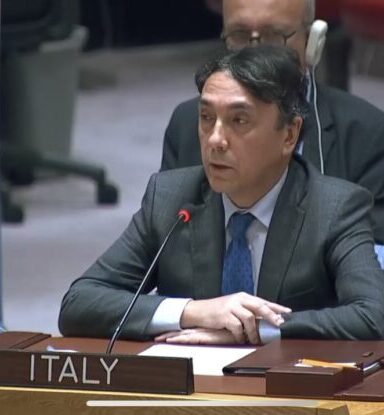
Following a competitive examination, he joined the Italian diplomatic service in 1999. He first served in the Directorate General for Mediterranean and Middle East Countries, dealing mainly with Tunisian and Libyan affairs. From August 2002 until August 2006 he served as Deputy Head of Mission at the Italian Embassy in Skopje. He was subsequently posted to the Consulate General of Italy in New York City as Deputy Consul. After returning to the Ministry of Foreign Affairs in 2010, he was in charge of the organization of the Italian elections abroad at the Directorate General for Italians Abroad and Migration Policies. Since 2011 he also followed the promotion of Italian culture and language for Italian communities abroad in the same Directorate General. From 2014 until 2018 he served as Deputy Head of Mission at the Italian Embassy in Tehran. He was subsequently posted to the Permanent Representation to the UN in New York, where he covered human rights, disarmament and political affairs. He was appointed head of the Disarmament, Arms control and Non Proliferation Unit in August 2022.
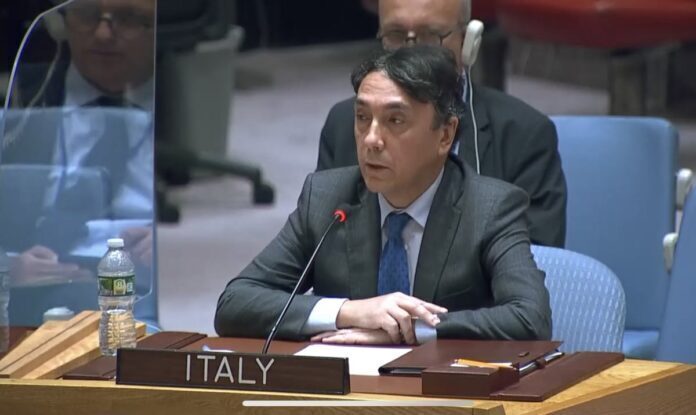
Following a competitive examination, he joined the Italian diplomatic service in 1999. He first served in the Directorate General for Mediterranean and Middle East Countries, dealing mainly with Tunisian and Libyan affairs. From August 2002 until August 2006 he served as Deputy Head of Mission at the Italian Embassy in Skopje. He was subsequently posted to the Consulate General of Italy in New York City as Deputy Consul. After returning to the Ministry of Foreign Affairs in 2010, he was in charge of the organization of the Italian elections abroad at the Directorate General for Italians Abroad and Migration Policies. Since 2011 he also followed the promotion of Italian culture and language for Italian communities abroad in the same Directorate General. From 2014 until 2018 he served as Deputy Head of Mission at the Italian Embassy in Tehran. He was subsequently posted to the Permanent Representation to the UN in New York, where he covered human rights, disarmament and political affairs. He was appointed head of the Disarmament, Arms control and Non Proliferation Unit in August 2022.
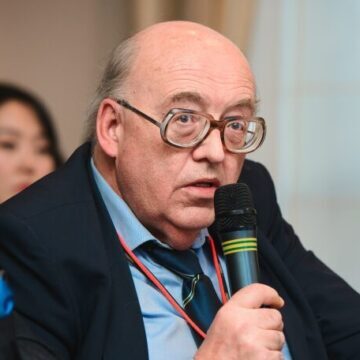
Sergey Batsanov, retired Soviet/Russian ambassador and negotiator on arms control and
disarmament, is member of the Council of the Pugwash Conferences on Science and World Affairs and Director of the International Pugwash Geneva Office; he has been one of the key authors of the international Convention for the Prohibition of Chemical Weapons and served as Director of the Organisation for the Prohibition of Chemical Weapons (OPCW) from 1993 to 2004; from 1989 to 1993 he was representative of the Soviet Union / Russian Federation to the Conference on Disarmament in Geneva. He is member of the European Leadership Network.

Sergey Batsanov, retired Soviet/Russian ambassador and negotiator on arms control and
disarmament, is member of the Council of the Pugwash Conferences on Science and World Affairs and Director of the International Pugwash Geneva Office; he has been one of the key authors of the international Convention for the Prohibition of Chemical Weapons and served as Director of the Organisation for the Prohibition of Chemical Weapons (OPCW) from 1993 to 2004; from 1989 to 1993 he was representative of the Soviet Union / Russian Federation to the Conference on Disarmament in Geneva. He is member of the European Leadership Network.
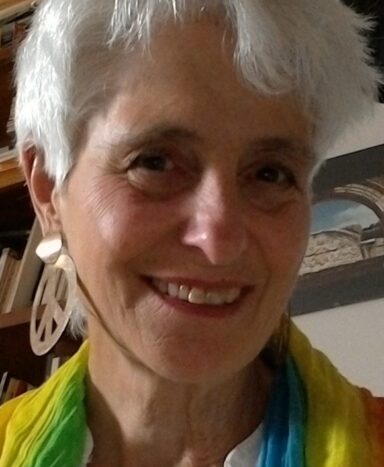
Lisa lived in Sarajevo under siege (1993-1995), fostering networks of solidarity among the inhabitants of the city and across the front lines; and then spent long periods in other areas of
Bosnia and in Kosovo supporting non-violent groups. Starting in 2005, Lisa’s activism has concentrated on nuclear disarmament campaigns, in Italy within the Italian Disarmament Network, and also internationally. In 2007-2008, she coordinated the Italian campaign ‘For a Future Without Nuclear Weapons’, which submitted draft legislation to the Italian Parliament aimed at declaring Italy a nuclear-weapon free State. Since 2016 she has been active within the Italian ICAN campaign aimed at convincing Italy to join the Treaty on the Prohibition of
Nuclear Weapons. Lisa attends international meetings of nuclear disarmament activists and
supports the activities in Italy of Mayors for Peace, ICAN, Peace Boat.
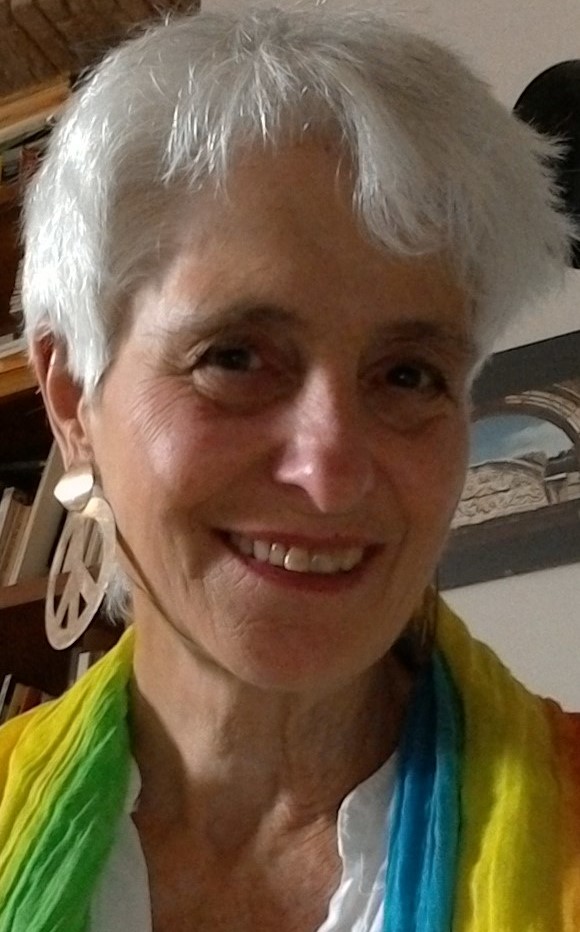
Lisa lived in Sarajevo under siege (1993-1995), fostering networks of solidarity among the inhabitants of the city and across the front lines; and then spent long periods in other areas of
Bosnia and in Kosovo supporting non-violent groups. Starting in 2005, Lisa’s activism has concentrated on nuclear disarmament campaigns, in Italy within the Italian Disarmament Network, and also internationally. In 2007-2008, she coordinated the Italian campaign ‘For a Future Without Nuclear Weapons’, which submitted draft legislation to the Italian Parliament aimed at declaring Italy a nuclear-weapon free State. Since 2016 she has been active within the Italian ICAN campaign aimed at convincing Italy to join the Treaty on the Prohibition of
Nuclear Weapons. Lisa attends international meetings of nuclear disarmament activists and
supports the activities in Italy of Mayors for Peace, ICAN, Peace Boat.
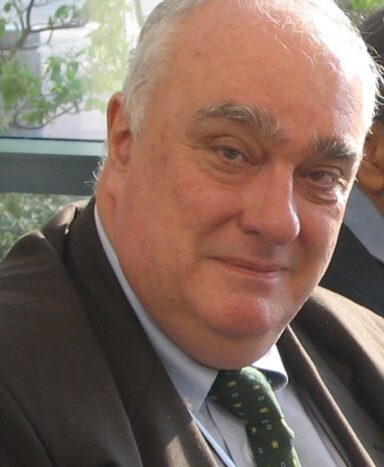
Paolo Cotta Ramusino is Secretary General of Pugwash Conferences on Science and World Affairs and Member of the Pugwash Executive Committee. He is Professor of Mathematical
Physics at the University of Milan. He was Director of the Landau Network's International Disarmament and Security Program - Centro Volta; He was the National Secretary of USPID, and is member of the Scientific Council of USPID.
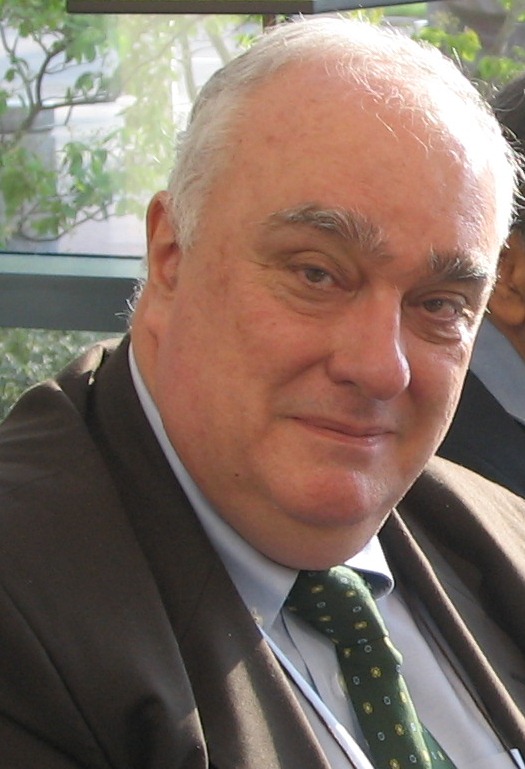
Paolo Cotta Ramusino is Secretary General of Pugwash Conferences on Science and World Affairs and Member of the Pugwash Executive Committee. He is Professor of Mathematical
Physics at the University of Milan. He was Director of the Landau Network's International Disarmament and Security Program - Centro Volta; He was the National Secretary of USPID, and is member of the Scientific Council of USPID.
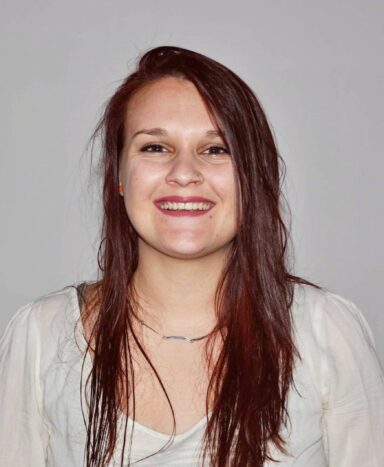
Marta Durin recently graduated in Sciences for peace: international cooperation and conflict transformation at the University of Pisa with a thesis entitled “Free of Fear. Military nuclear power in Italy between Nuclear Sharing and the Treaty of the Prohibition of Nuclear Weapons”. She graduated with a Bachelor's degree in International Sciences for Development and
Cooperation at the University of Turin. She completed her internship at the Interdisciplinary Centre for Peace Studies in Pisa entitled "For a world free of nuclear weapons". She is a member of USPID, WILPF Italia and Future Pugwash Italy, the Italian youth branch of Pugwash Conferences on Science and World Affairs. She is also one of the Italian delegates at Youth for TPNW, a global youth movement pursuing the full implementation of the UN Treaty on the Prohibition of Nuclear Weapons. She is an external contributor at IARI (International Relations Analysis Institute).
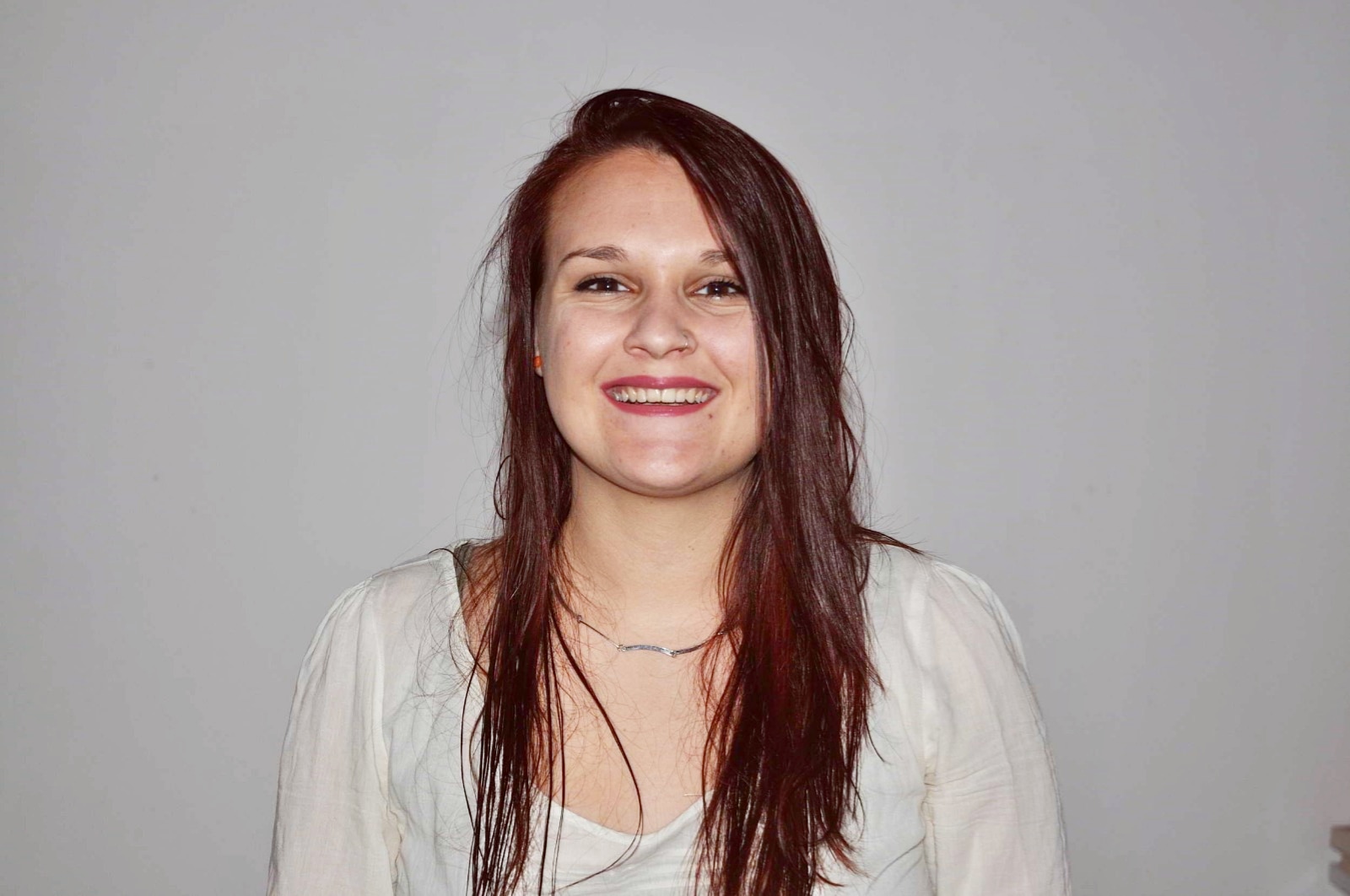
Marta Durin recently graduated in Sciences for peace: international cooperation and conflict transformation at the University of Pisa with a thesis entitled “Free of Fear. Military nuclear power in Italy between Nuclear Sharing and the Treaty of the Prohibition of Nuclear Weapons”. She graduated with a Bachelor's degree in International Sciences for Development and
Cooperation at the University of Turin. She completed her internship at the Interdisciplinary Centre for Peace Studies in Pisa entitled "For a world free of nuclear weapons". She is a member of USPID, WILPF Italia and Future Pugwash Italy, the Italian youth branch of Pugwash Conferences on Science and World Affairs. She is also one of the Italian delegates at Youth for TPNW, a global youth movement pursuing the full implementation of the UN Treaty on the Prohibition of Nuclear Weapons. She is an external contributor at IARI (International Relations Analysis Institute).
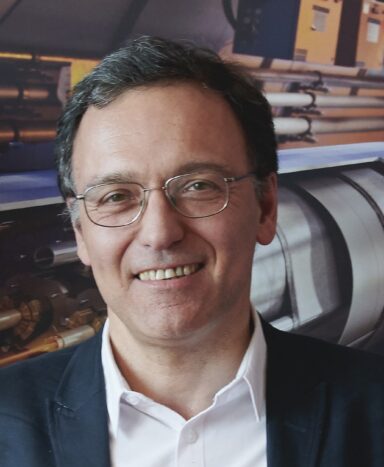
Francesco Forti is professor of physics at Pisa University. He has participated in particle physics experiments in various international collaborations at CERN (Geneva), SLAC (Stanford), KEK (Japan). He has received many appointments in scientific review committees both for Italian and international organizations. Since 2019 he is the national Secretary of USPID.
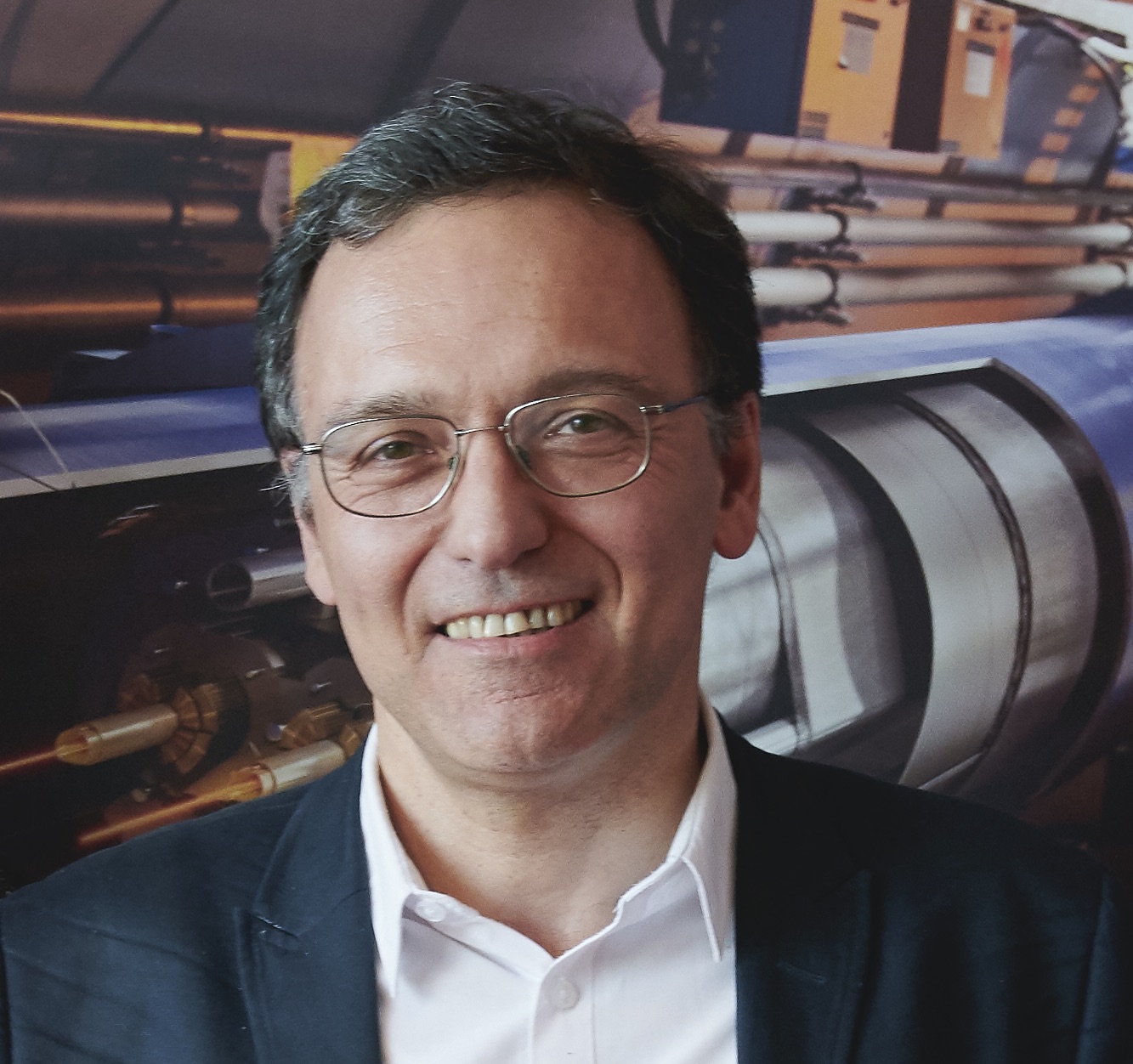
Francesco Forti is professor of physics at Pisa University. He has participated in particle physics experiments in various international collaborations at CERN (Geneva), SLAC (Stanford), KEK (Japan). He has received many appointments in scientific review committees both for Italian and international organizations. Since 2019 he is the national Secretary of USPID.
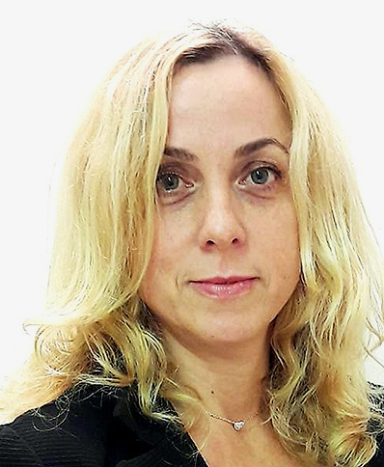
A journalist since 2016, she graduated in Sociology from the University of Rome "La Sapienza". Since 2005 she has been dealing with issues related to the geopolitics of conflicts in the area of the Asian subcontinent. In the past she collaborated with UNICEF Italia in advocacy activities, with the Fondazione Pangea an Italian NGO which operates in Afghanistan, India and Italy dealing specifically with the situation of women in Afghanistan. Since 2019, in the role of Head of International Relations, she has followed the Stop Killer Robots Campaign, involving in the UN debate on Lethal Autonomous Weapons, and she is responsible of the relations with the European Non-Proliferation and Disarmament Consortium. She has also participated as a speaker at several international conferences on the issues of international military spending, autonomous lethal weapons and weapons of mass destruction. She is the author of numerous articles on topics such as human rights, the situation of women and children in conflict areas and weapons of mass destruction. She lives and works in Rome.
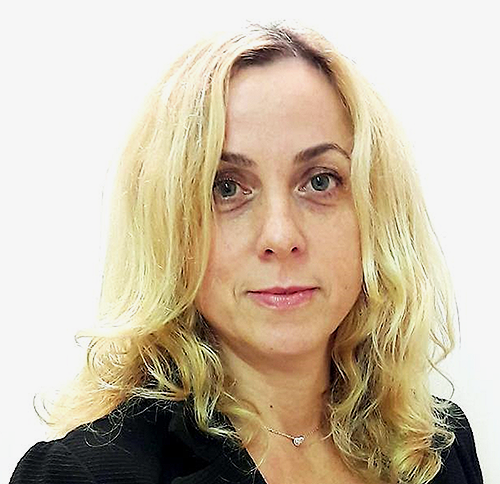
A journalist since 2016, she graduated in Sociology from the University of Rome "La Sapienza". Since 2005 she has been dealing with issues related to the geopolitics of conflicts in the area of the Asian subcontinent. In the past she collaborated with UNICEF Italia in advocacy activities, with the Fondazione Pangea an Italian NGO which operates in Afghanistan, India and Italy dealing specifically with the situation of women in Afghanistan. Since 2019, in the role of Head of International Relations, she has followed the Stop Killer Robots Campaign, involving in the UN debate on Lethal Autonomous Weapons, and she is responsible of the relations with the European Non-Proliferation and Disarmament Consortium. She has also participated as a speaker at several international conferences on the issues of international military spending, autonomous lethal weapons and weapons of mass destruction. She is the author of numerous articles on topics such as human rights, the situation of women and children in conflict areas and weapons of mass destruction. She lives and works in Rome.
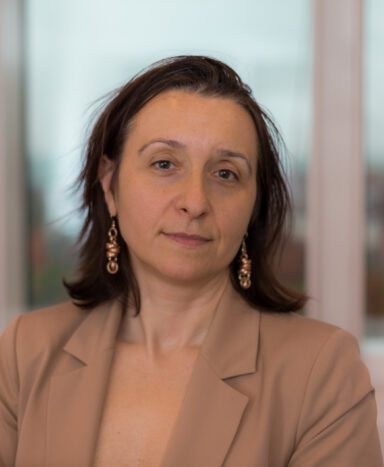
Francesca Giovannini is the Executive Director of the Harvard Belfer’s Initiative on Managing the Atom and the Research Director of the Nuclear Deterrence Research Network funded by the MacArthur Foundation. In this capacity, Dr. Giovannini mentors several pre- and post-doctoral fellows who, at Belfer, pursue a wide range of research papers and intellectual interests. She is an Adjunct Associate Professor of Technology and International Security at the Fletcher School of Law and Diplomacy, where she teaches a Master’s degree course on technology and public policy and another seminar on the role of nuclear weapons in the 21st century. In March 2022. Dr. Giovannini has been appointed to the Nuclear Energy Agency Global Academic Forum as a member of the working group on making nuclear energy competitive in a time of energy transition. She has written extensively on negative security assurances, the potential use of tactical nuclear weapons in conventional conflicts and on regional nuclear cooperation in the Gulf Countries and the Middle East.
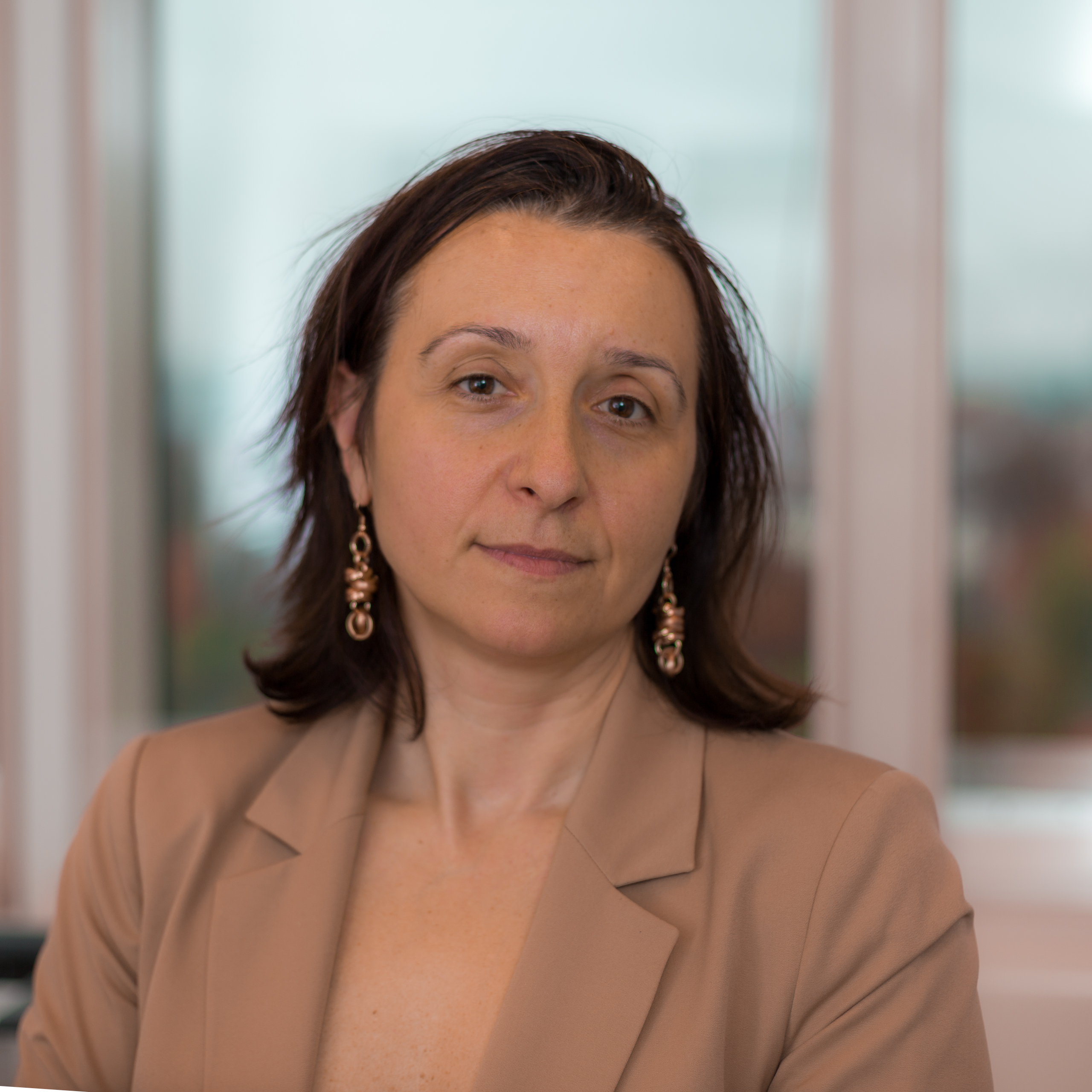
Francesca Giovannini is the Executive Director of the Harvard Belfer’s Initiative on Managing the Atom and the Research Director of the Nuclear Deterrence Research Network funded by the MacArthur Foundation. In this capacity, Dr. Giovannini mentors several pre- and post-doctoral fellows who, at Belfer, pursue a wide range of research papers and intellectual interests. She is an Adjunct Associate Professor of Technology and International Security at the Fletcher School of Law and Diplomacy, where she teaches a Master’s degree course on technology and public policy and another seminar on the role of nuclear weapons in the 21st century. In March 2022. Dr. Giovannini has been appointed to the Nuclear Energy Agency Global Academic Forum as a member of the working group on making nuclear energy competitive in a time of energy transition. She has written extensively on negative security assurances, the potential use of tactical nuclear weapons in conventional conflicts and on regional nuclear cooperation in the Gulf Countries and the Middle East.
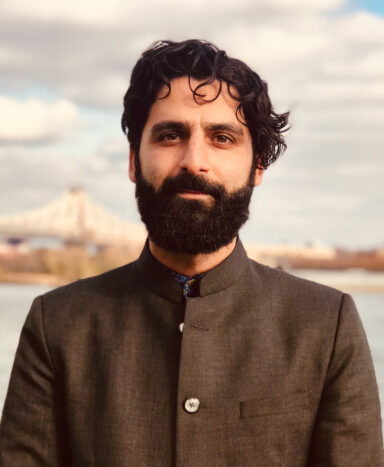
Emad Kiyaei works at the intersection of political risk, diplomacy and disarmament. He is a director at the Middle East Treaty Organization (METO), which seeks to eradicate all weapons of mass destruction from the Middle East through innovative policy, advocacy and educational programs. He is the co-author of Weapons of Mass Destruction: A new approach to non-proliferation, published by Routledge. Formerly, he was a researcher for Princeton University’s School of Public & International Affairs and an associate at Columbia University’s Center for International Conflict Resolution (CICR). Emad served as executive director of the American Iranian Council (AIC), an advocacy organization that focuses on US-Iran relations.
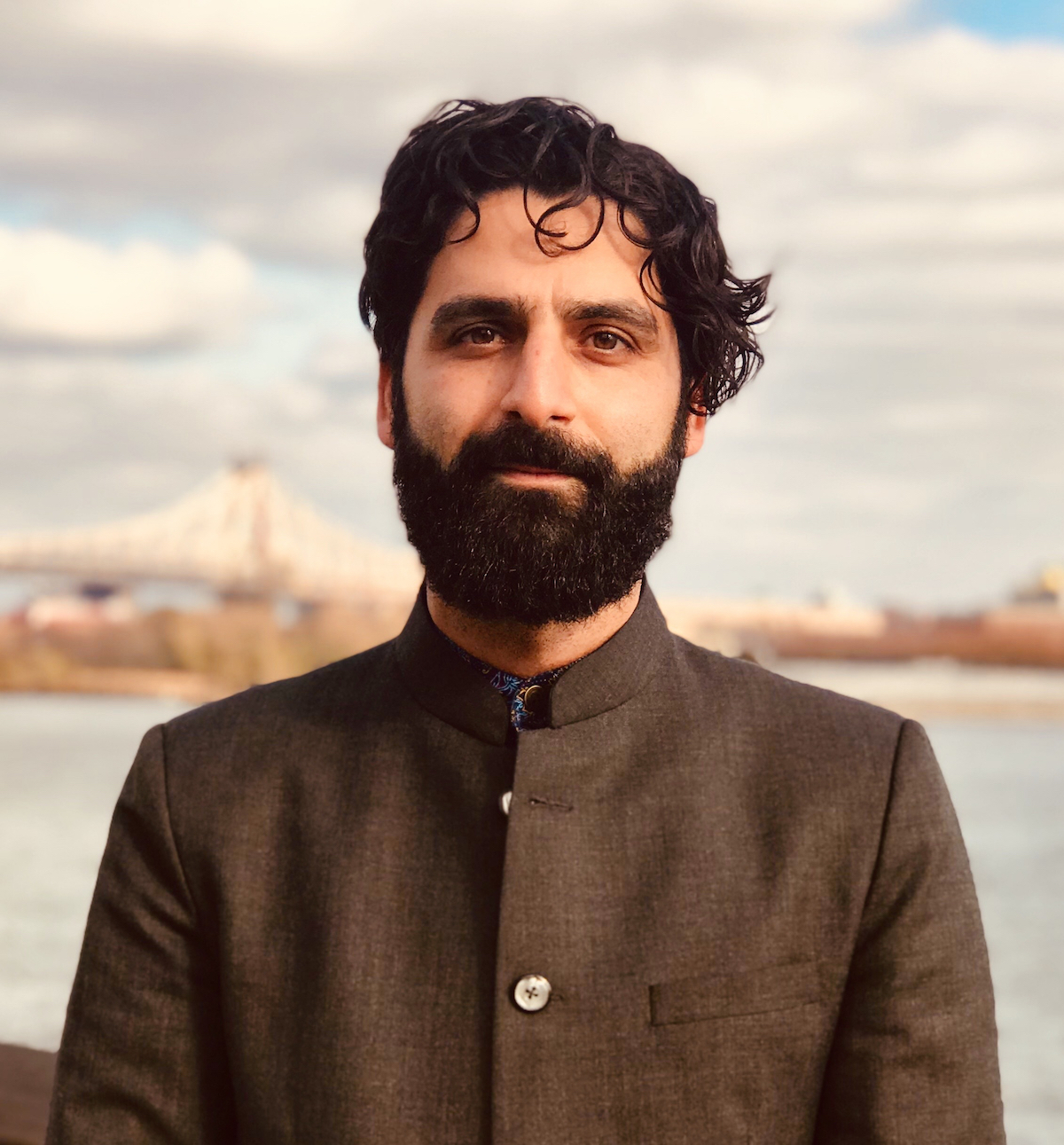
Emad Kiyaei works at the intersection of political risk, diplomacy and disarmament. He is a director at the Middle East Treaty Organization (METO), which seeks to eradicate all weapons of mass destruction from the Middle East through innovative policy, advocacy and educational programs. He is the co-author of Weapons of Mass Destruction: A new approach to non-proliferation, published by Routledge. Formerly, he was a researcher for Princeton University’s School of Public & International Affairs and an associate at Columbia University’s Center for International Conflict Resolution (CICR). Emad served as executive director of the American Iranian Council (AIC), an advocacy organization that focuses on US-Iran relations.
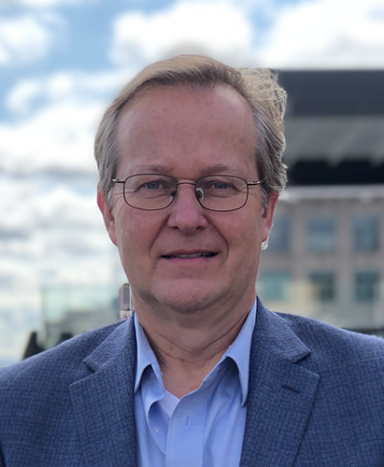
Hans M. Kristensen is Director of the Nuclear Information Project at the Federation of American Scientists in Washington, D.C., where he is responsible for researching and documenting the status and operations of nuclear forces of the nine nuclear-armed states. He is a frequent advisor to the news media on the status of nuclear forces and policy. Kristensen is co-author of the bi-monthly FAS Nuclear Notebook column in the Bulletin of the Atomic Scientists and the World Nuclear Forces overview in the SIPRI Yearbook, both of which are some the most widely used reference material on the status of the world’s nuclear arsenals. In 2018 he discovered that China was building new missile training silos, and in 2021 his Project team discovered a large nuclear missile silo field under construction in central China. In 2020, he was among 38 individuals recognized by the Carnegie Corporation of New York as outstanding immigrants "who have enriched and strengthened the United States and its democracy through their contributions and actions."
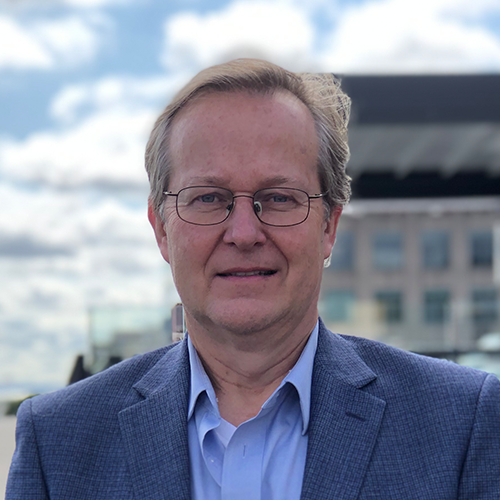
Hans M. Kristensen is Director of the Nuclear Information Project at the Federation of American Scientists in Washington, D.C., where he is responsible for researching and documenting the status and operations of nuclear forces of the nine nuclear-armed states. He is a frequent advisor to the news media on the status of nuclear forces and policy. Kristensen is co-author of the bi-monthly FAS Nuclear Notebook column in the Bulletin of the Atomic Scientists and the World Nuclear Forces overview in the SIPRI Yearbook, both of which are some the most widely used reference material on the status of the world’s nuclear arsenals. In 2018 he discovered that China was building new missile training silos, and in 2021 his Project team discovered a large nuclear missile silo field under construction in central China. In 2020, he was among 38 individuals recognized by the Carnegie Corporation of New York as outstanding immigrants "who have enriched and strengthened the United States and its democracy through their contributions and actions."
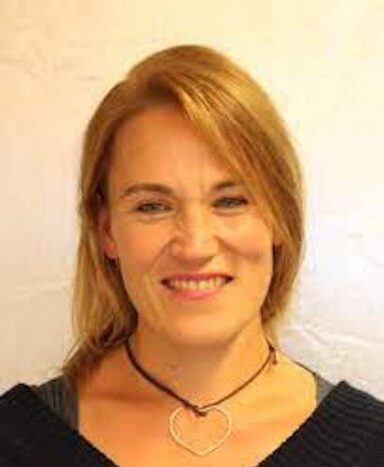
Katariina Simonen is Adjunct Professor at the National Defense University, visiting Fellow at the University of Helsinki, Dept. of World Cultures and Member of Pugwash Council. She serves also as Senior Legal Counselor at the Finnish Government. She holds a Ph.D. in international law from University of Turku (2010). Her research interests include Iran nuclear issues, disarmament and non-proliferation negotiations, with focus on the Baltic and the Arctic and water diplomacy. Her latest book is about Oman and its ancient irrigation agreements which have influenced the development of a specific culture of agreement in Oman.
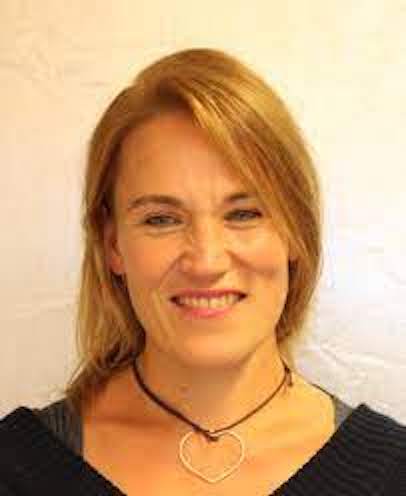
Katariina Simonen is Adjunct Professor at the National Defense University, visiting Fellow at the University of Helsinki, Dept. of World Cultures and Member of Pugwash Council. She serves also as Senior Legal Counselor at the Finnish Government. She holds a Ph.D. in international law from University of Turku (2010). Her research interests include Iran nuclear issues, disarmament and non-proliferation negotiations, with focus on the Baltic and the Arctic and water diplomacy. Her latest book is about Oman and its ancient irrigation agreements which have influenced the development of a specific culture of agreement in Oman.
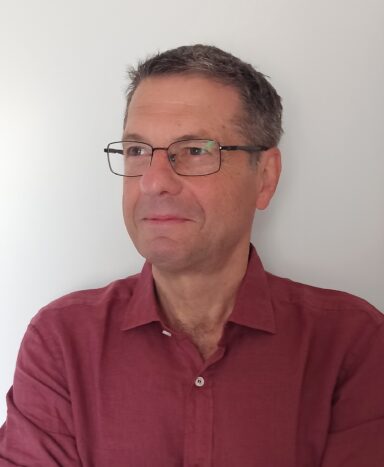
Guglielmo Tamburrini (PhD 1987, Columbia University) is Philosophy of Science and Technology Professor at Universita’ di Napoli Federico II in Italy. His main research interests concern ELSE (Ethical, Legal, and SocioEconomic) issues arising in AI and robotics. He acted as coordinator of the first EC project on the ethics of robotics (CA ETHICBOTS, 2005-2008, VI FP). In 2014 he was awarded the Giulio Preti International Prize by the Regional Parliament of Tuscany (Italy) for his research and teaching activities on ethical and social implications of ICT and robotic technologies. USPID Scientific Board member and member of ICRAC (International Committee for Robot Arms Control).
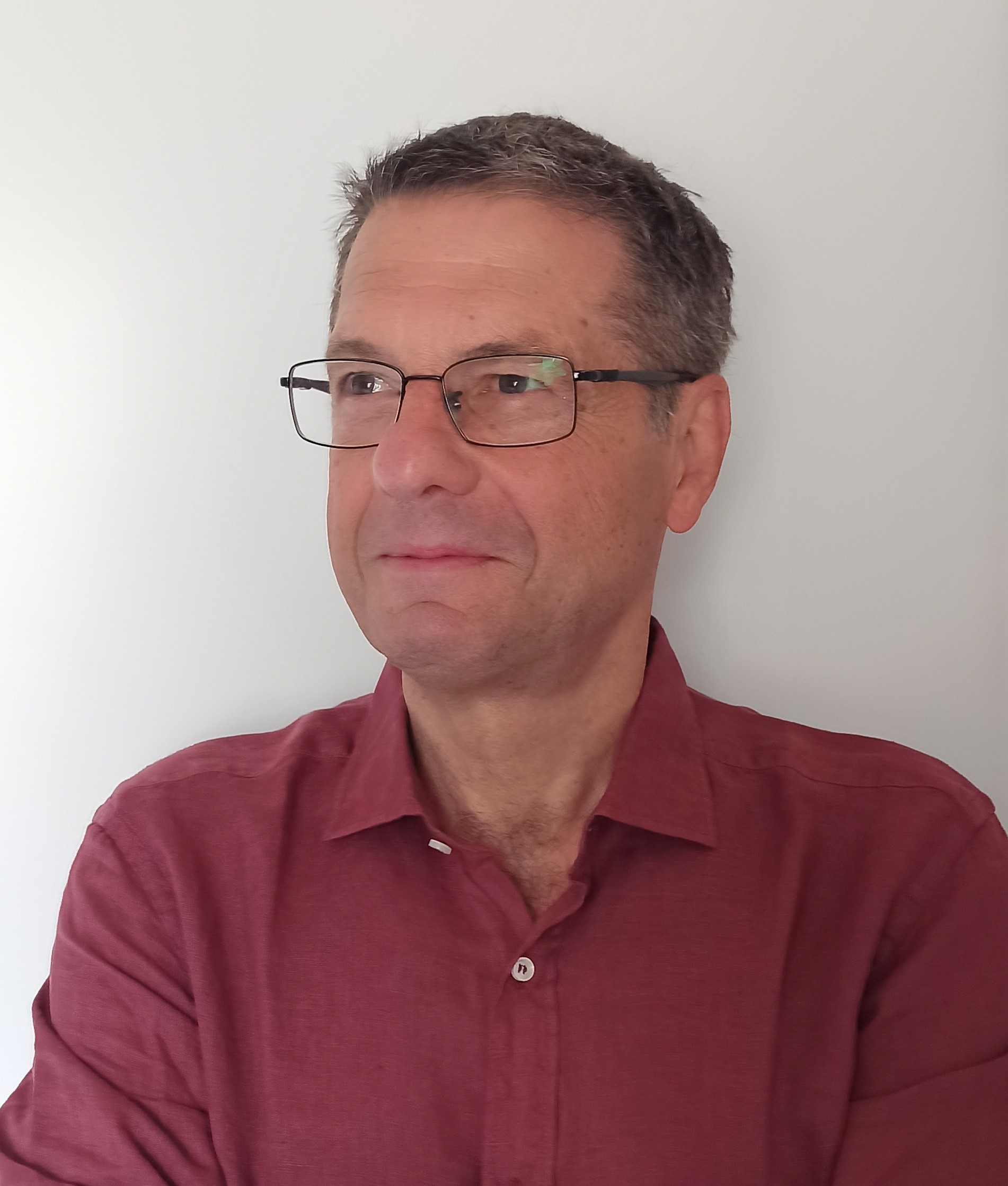
Guglielmo Tamburrini (PhD 1987, Columbia University) is Philosophy of Science and Technology Professor at Universita’ di Napoli Federico II in Italy. His main research interests concern ELSE (Ethical, Legal, and SocioEconomic) issues arising in AI and robotics. He acted as coordinator of the first EC project on the ethics of robotics (CA ETHICBOTS, 2005-2008, VI FP). In 2014 he was awarded the Giulio Preti International Prize by the Regional Parliament of Tuscany (Italy) for his research and teaching activities on ethical and social implications of ICT and robotic technologies. USPID Scientific Board member and member of ICRAC (International Committee for Robot Arms Control).
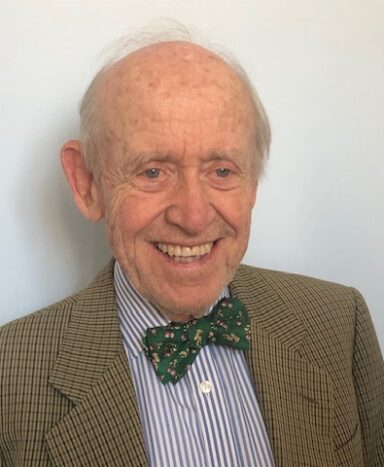
Carlo Trezza was Italy’s Ambassador for Disarmament and Non-Proliferation in Geneva and Ambassador to the Republic of Korea. A former Chairman of the Missile Technology Control Regime, he also chaired the UN Secretary General’s Advisory Board on Disarmament Matters in New York and the Conference on Disarmament in Geneva.
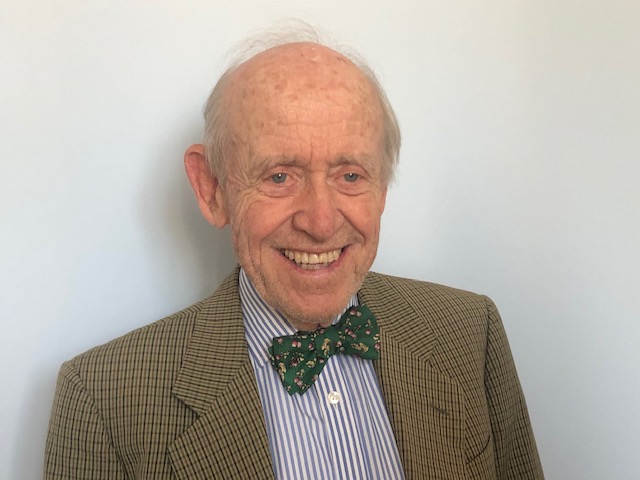
Carlo Trezza was Italy’s Ambassador for Disarmament and Non-Proliferation in Geneva and Ambassador to the Republic of Korea. A former Chairman of the Missile Technology Control Regime, he also chaired the UN Secretary General’s Advisory Board on Disarmament Matters in New York and the Conference on Disarmament in Geneva.
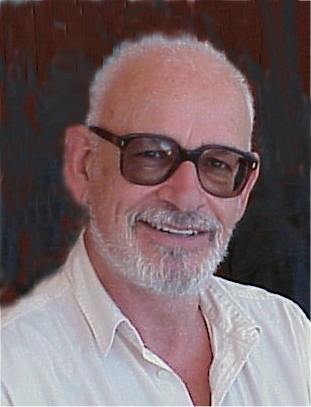
Francesco Calogero is Professor Emeritus of Theoretical Physics at Università La Sapienza in Rome. He published (in English) more than 400 papers (about half as single author) and 5 books (one with a co-author) on Theoretical and Mathematical Physics topics; and an analogous number of publications (about half in English and half in Italian) on arms control and disarmament topics. From 1989 to 1997 he served as Secretary General of the Pugwash Conferences on Science and World Affairs, and in that capacity he accepted (Oslo, Dec. 10, 1995) the Nobel Peace Prize awarded jointly to Joseph Rotblat and to Pugwash "for their actions to reduce the role of nuclear weapons in international politics, and in the long run to
eliminate such weapons". From 1997 to 2002 he chaired the Pugwash Council, of which he is still an ex officio member. He was a member of the Governing Board of SIPRI from 1982 to 1992, and was one of the initiators of USPID, on whose Scientific Council he still serves.

Francesco Calogero is Professor Emeritus of Theoretical Physics at Università La Sapienza in Rome. He published (in English) more than 400 papers (about half as single author) and 5 books (one with a co-author) on Theoretical and Mathematical Physics topics; and an analogous number of publications (about half in English and half in Italian) on arms control and disarmament topics. From 1989 to 1997 he served as Secretary General of the Pugwash Conferences on Science and World Affairs, and in that capacity he accepted (Oslo, Dec. 10, 1995) the Nobel Peace Prize awarded jointly to Joseph Rotblat and to Pugwash "for their actions to reduce the role of nuclear weapons in international politics, and in the long run to
eliminate such weapons". From 1997 to 2002 he chaired the Pugwash Council, of which he is still an ex officio member. He was a member of the Governing Board of SIPRI from 1982 to 1992, and was one of the initiators of USPID, on whose Scientific Council he still serves.
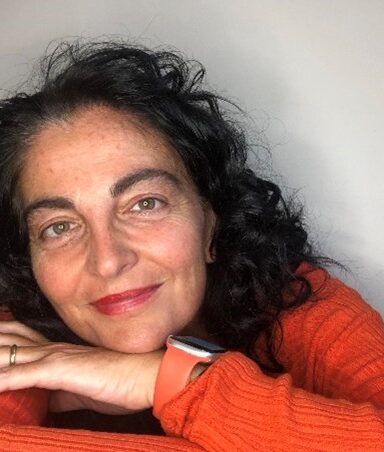
Marilù Chiofalo got her PhD at the Scuola Normale and is professor of condensed-matter physics at the University of Pisa, teaching elementary physics, quantum liquids, and the physics of everyday life. In international and interdisciplinary collaborations, she conceives quantum states of matter to simulate fundamental-physics problems, design quantum models for visual neurosciences, and research in physics education. She authored radio&video formats for science outreach, writes in magazines on science and society, and directs the Discovery section of QPlayLearn. She served for ten years as deputy-mayor of Pisa, contributing for the National Municipalities Association to design the plan against gender violence and that on childhood and adolescence. She plays videogames to advance to the next frame, learned to score from volleyball in three touches (one is hers as setter) and from soccer with overhead kicks, and from biking to crash when needed. She loves making ensemble music with her tenor sax in the UNIPI Orchestra.

Marilù Chiofalo got her PhD at the Scuola Normale and is professor of condensed-matter physics at the University of Pisa, teaching elementary physics, quantum liquids, and the physics of everyday life. In international and interdisciplinary collaborations, she conceives quantum states of matter to simulate fundamental-physics problems, design quantum models for visual neurosciences, and research in physics education. She authored radio&video formats for science outreach, writes in magazines on science and society, and directs the Discovery section of QPlayLearn. She served for ten years as deputy-mayor of Pisa, contributing for the National Municipalities Association to design the plan against gender violence and that on childhood and adolescence. She plays videogames to advance to the next frame, learned to score from volleyball in three touches (one is hers as setter) and from soccer with overhead kicks, and from biking to crash when needed. She loves making ensemble music with her tenor sax in the UNIPI Orchestra.
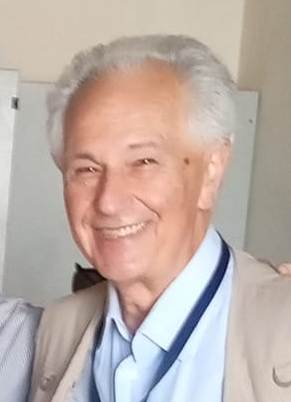
Nicola Cufaro Petroni is a theoretical physicist and a professor of Probability and Statistics at the Department of Mathematics of the University "Aldo Moro" in Bari. He is also a member of the Interdepartmental Centre for Peace Research (CIRP) “G. Nardulli” of the same University. He was National secretary of USPID from 2002 to 2011, and he is now a member of its Scientific Council.

Nicola Cufaro Petroni is a theoretical physicist and a professor of Probability and Statistics at the Department of Mathematics of the University "Aldo Moro" in Bari. He is also a member of the Interdepartmental Centre for Peace Research (CIRP) “G. Nardulli” of the same University. He was National secretary of USPID from 2002 to 2011, and he is now a member of its Scientific Council.
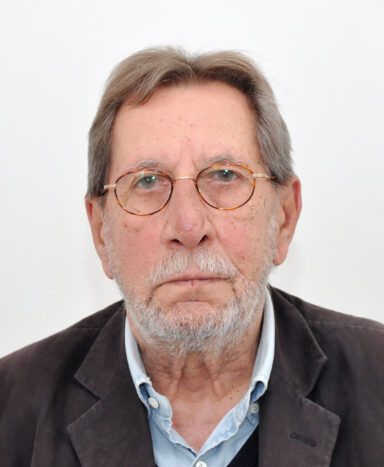
Francesco Lenci is a Physicist, retired Research Director at CNR (National Research Council,
https://www.cnr.it/ ) now CNR Research Associate; former Director of CNR Biophysics Institute (from 1990 to 2002) and former Member of CNR General Scientific Council (from 2006 to 2011). Senior Fellow of the Centro Interdisciplinare Scienze per la Pace (CISP - Interdisciplinary Centre for Peace Studies, http://cisp.unipi.it/index.php?lang=it, Pisa University); Member of the Scientific Council of Unione degli Scienziati Per Il Disarmo (USPID, Union of Scientists for Disarmament, www.uspid.org), USPID National Secretary from 1983 to 1990; Member of the "Initiative Committee" preparing the Moscow Forum of 1987; Member of Pugwash Council ((www.pugwash.org ) and of Accademia dei Lincei Working Group SICA (International Security and Arms Control, www.lincei.it/it/sica ), Co-founder of GI-STS (Interdisciplinary Group on Science, Technology and Society of CNR Campus in Pisa, CNR/GI-STS http://gists.pi.cnr.it).
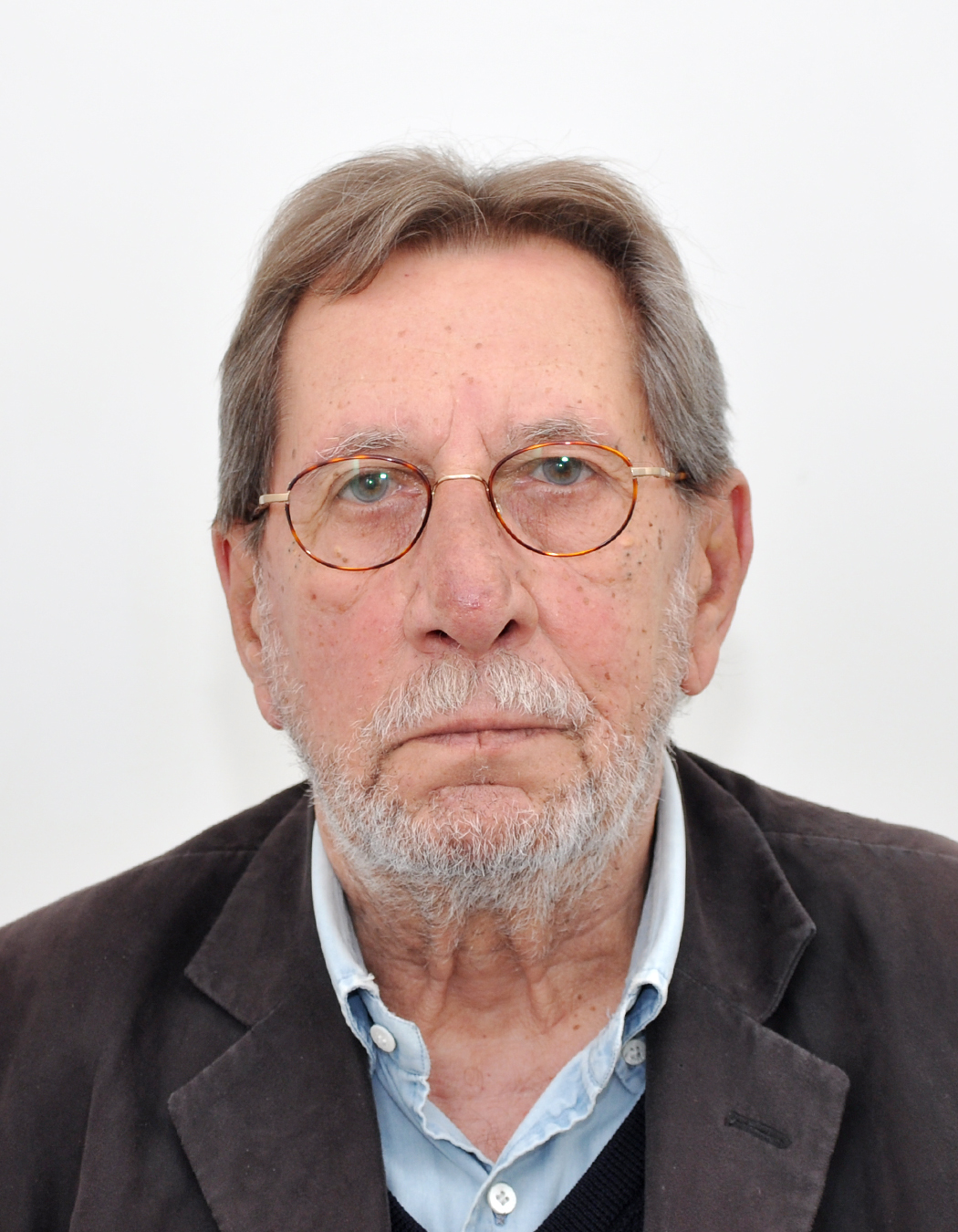
Francesco Lenci is a Physicist, retired Research Director at CNR (National Research Council,
https://www.cnr.it/ ) now CNR Research Associate; former Director of CNR Biophysics Institute (from 1990 to 2002) and former Member of CNR General Scientific Council (from 2006 to 2011). Senior Fellow of the Centro Interdisciplinare Scienze per la Pace (CISP - Interdisciplinary Centre for Peace Studies, http://cisp.unipi.it/index.php?lang=it, Pisa University); Member of the Scientific Council of Unione degli Scienziati Per Il Disarmo (USPID, Union of Scientists for Disarmament, www.uspid.org), USPID National Secretary from 1983 to 1990; Member of the "Initiative Committee" preparing the Moscow Forum of 1987; Member of Pugwash Council ((www.pugwash.org ) and of Accademia dei Lincei Working Group SICA (International Security and Arms Control, www.lincei.it/it/sica ), Co-founder of GI-STS (Interdisciplinary Group on Science, Technology and Society of CNR Campus in Pisa, CNR/GI-STS http://gists.pi.cnr.it).

PhD at the Technische Hochschule in Aachen (Germany) in 1985. From 1984 he was staff member at the Department of Physics of the University of Genoa (UNIGE), of which he has been deputy director from 2002 to 2005 and Decano since 2020. He performed experimental research in Surface Science
investigating surface phonon spectra and anomalies, surface plasmon dispersion, stereodynamic effects and role of surface defects in gas–surface interaction and simple chemical reactions, growth of ultrathin oxide and amino acid films. He published 195 papers with current Hirsch index of 36 (WOS). Currently he is member of the Senate of UNIGE, Vice chair of the Surface Science Division of the International Union of Vacuum Science and Technology (IUVSTA), and member of the scientific Council of the Union of Scientists for Disarmament (USPID).

PhD at the Technische Hochschule in Aachen (Germany) in 1985. From 1984 he was staff member at the Department of Physics of the University of Genoa (UNIGE), of which he has been deputy director from 2002 to 2005 and Decano since 2020. He performed experimental research in Surface Science
investigating surface phonon spectra and anomalies, surface plasmon dispersion, stereodynamic effects and role of surface defects in gas–surface interaction and simple chemical reactions, growth of ultrathin oxide and amino acid films. He published 195 papers with current Hirsch index of 36 (WOS). Currently he is member of the Senate of UNIGE, Vice chair of the Surface Science Division of the International Union of Vacuum Science and Technology (IUVSTA), and member of the scientific Council of the Union of Scientists for Disarmament (USPID).
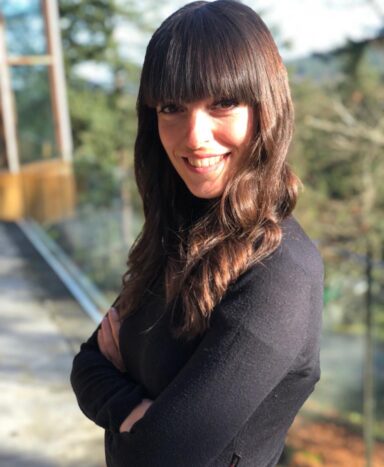
Alice Saltini is a Research Coordinator for the European Leadership Network, where she contributes to research projects on arms control, strategic risk reduction and emerging technologies, and a CTBTO-CENESS research fellow. Previously, she completed stints at the Comprehensive Nuclear-Test-Ban Treaty Organization (CTBTO) in the External Relations, Protocol and International Cooperation Section and worked as a Research Assistant at the James Martin Center for Nonproliferation Studies. Founder and leader of Young Pugwash Italy, as well as a regional coordinator of the CTBTO Youth Group, she holds a Master’s degree in Russian studies, and a Post-Graduate certificate in Nonproliferation Studies from the Middlebury Institute of International Studies. Her research interests relate to arms control and non-proliferation, disarmament diplomacy, West-Russia relations, and international politics, particularly in the context of multilateralism and international law. She is particularly interested in new and creative approaches aimed at achieving ratifications from hold-out Annex-2 States and the early entry into force of the CTBT as a precursor to further nuclear/WMD free zones.
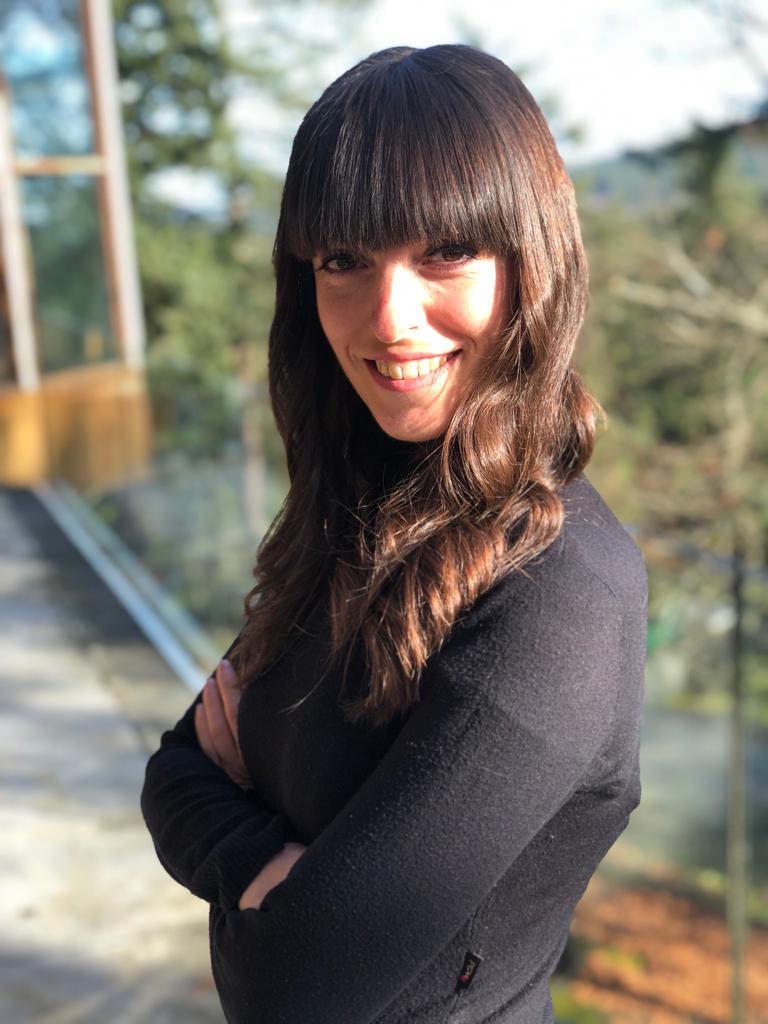
Alice Saltini is a Research Coordinator for the European Leadership Network, where she contributes to research projects on arms control, strategic risk reduction and emerging technologies, and a CTBTO-CENESS research fellow. Previously, she completed stints at the Comprehensive Nuclear-Test-Ban Treaty Organization (CTBTO) in the External Relations, Protocol and International Cooperation Section and worked as a Research Assistant at the James Martin Center for Nonproliferation Studies. Founder and leader of Young Pugwash Italy, as well as a regional coordinator of the CTBTO Youth Group, she holds a Master’s degree in Russian studies, and a Post-Graduate certificate in Nonproliferation Studies from the Middlebury Institute of International Studies. Her research interests relate to arms control and non-proliferation, disarmament diplomacy, West-Russia relations, and international politics, particularly in the context of multilateralism and international law. She is particularly interested in new and creative approaches aimed at achieving ratifications from hold-out Annex-2 States and the early entry into force of the CTBT as a precursor to further nuclear/WMD free zones.
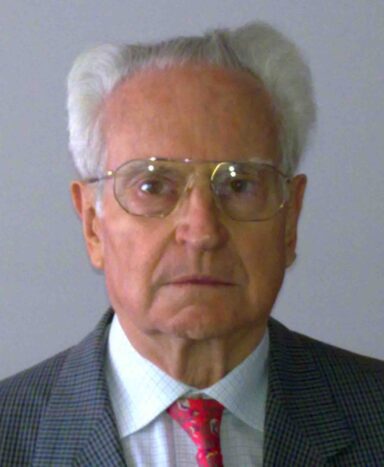
Carlo Schaerf was Professor of Physics, at the Universities of Rome, Sapienza (1973-81) and Tor Vergata (1981-2012). Director of the Institute of Physics, University of Rome "Sapienza (1975-80), Member of the Academic Senate, University of Rome "Tor Vergata" (1992-2008) and member of the National University Council (CUN), Ministry of Public Education (MPI) (1980-85). Chairman or member of various scientific committees in Scientific Institutions and Research Laboratories: MPI, CNR, INFN, LAL-CEA, ESRF, COSY, … Carlo Schaerf is the co-author of more than 140 articles in international scientific journals and the editor of about 10 books on various physics subjects. In 1966 Carlo Schaerf with Professor Edoardo Amaldi founded The International School on Disarmament and Research on Conflicts (ISODARCO). Carlo Schaerf became its director in 1970 and director and chairman of the board in 1991. He is editor of some fifteen books on international security and first author of a two volumes research on political violence in Italy, supported by the National Research Council (CNR).
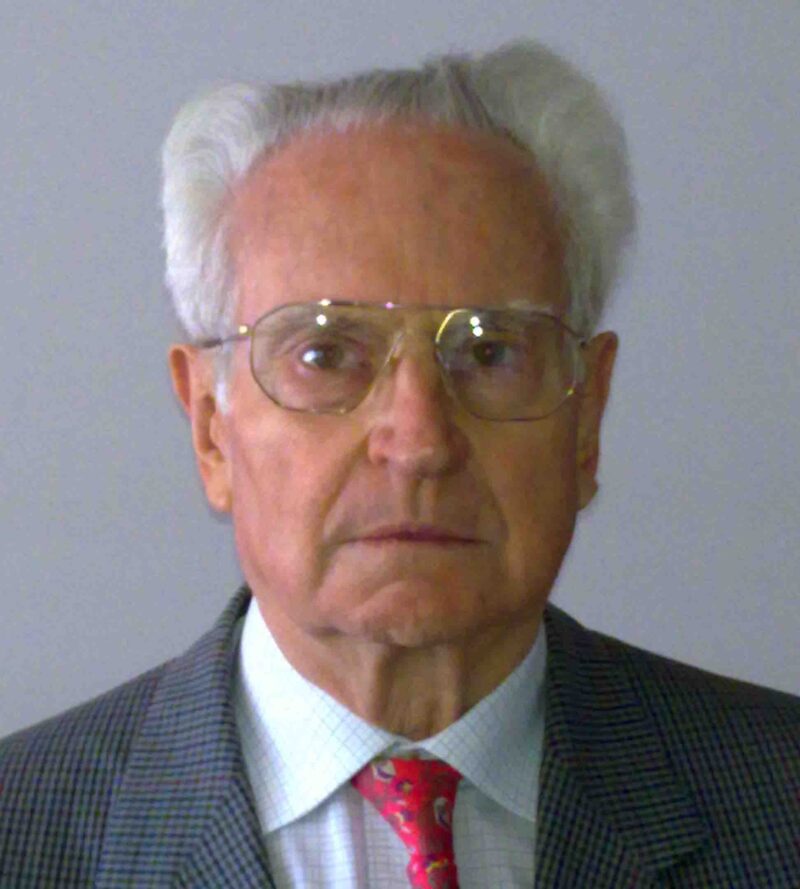
Carlo Schaerf was Professor of Physics, at the Universities of Rome, Sapienza (1973-81) and Tor Vergata (1981-2012). Director of the Institute of Physics, University of Rome "Sapienza (1975-80), Member of the Academic Senate, University of Rome "Tor Vergata" (1992-2008) and member of the National University Council (CUN), Ministry of Public Education (MPI) (1980-85). Chairman or member of various scientific committees in Scientific Institutions and Research Laboratories: MPI, CNR, INFN, LAL-CEA, ESRF, COSY, … Carlo Schaerf is the co-author of more than 140 articles in international scientific journals and the editor of about 10 books on various physics subjects. In 1966 Carlo Schaerf with Professor Edoardo Amaldi founded The International School on Disarmament and Research on Conflicts (ISODARCO). Carlo Schaerf became its director in 1970 and director and chairman of the board in 1991. He is editor of some fifteen books on international security and first author of a two volumes research on political violence in Italy, supported by the National Research Council (CNR).
The conference is jointly organized by:
In collaboration with:

Amministrazione Comunale di Rosignano Marittimo
Centro Interdisciplinare di Scienze per la Pace dell’Università di Pisa (CISP)
Centro Interdipartimentale di Ricerche per la Pace “Giuseppe Nardulli” dell’Università degli studi di Bari “Aldo Moro” (CIRP)
International School On Disarmament And Research On COnflicts (ISODARCO, fondata nel 1966 da Edoardo Amaldi e Carlo Schaerf)
Associazione Frontier Detectors for Frontier Physics
Associazione Ricerca Fondamentale in Fisica.
See what other people are saying about us